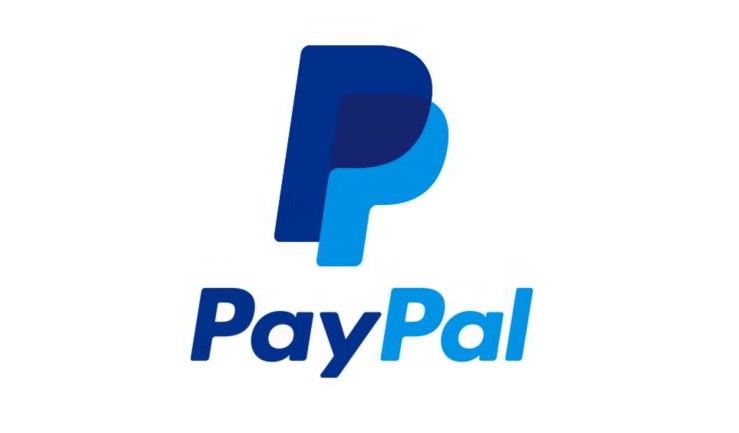Compass Bank Settles OFAC Violations For $19,125
Yesterday, the United States Department of the Treasury’s Office of Foreign Assets Control (“OFAC”) announced a settlement with Compass Bank (“Compass”) over an apparent violation of the Sudanese Sanctions Regulations (“SSR”). The particular provisions that were apparently violated were §§ 31 CFR 538.205, a prohibition on exports of services, and 538.206, a prohibition on facilitating transactions between foreign persons. Compass did not voluntarily self-disclose the apparent violation, however, the the apparent violation constituted a non-egregious case. The total base penalty amount for the apparent violation was $25,000.
The violation in this matter involved the origination by Compass Bank of an £8,900 (approximately $14,898) wire transfer destined for a third-country company’s account at a United Kingdom financial institution. An invoice accompanying the wire transfer request indicated that the purpose of the transaction was a payment for the shipment of a tractor from the United Kingdom to Sudan.
Interestingly, a Compass Bank OFAC Assistant Manager and a Compass BSA/OFAC Manager reviewed the wire request and associated invoice, and determined that the payment did not violate the SSR because none of the parties involved were on the List of Specially Designated Nationals and Blocked Persons, and because they mistakenly concluded that the underlying purpose of the payment was authorized pursuant to a general license. Luckily for the integrity of the sanctions program another financial institution successfully caught the transaction and rejected it.
While there are a number of general licenses under the SSR, it is difficult to discern which general license the Compass Bank officials believed they were operating under. For example, there are general licenses for: 1) certain academic and professional exchanges; 2) certain activities relating to oil and transshipment with respect to the republic of South Sudan; 3) consular funds transfers and to the transportation of human remains; 4) the exportation or reexportation of food items; 5) personal communication services; 6) exporting agricultural commodities, medicine and medical devices to Specified Areas of Sudan; 7) certain imports for diplomatic or official personnel, and 8) publishing activities. There are also certain other authorizations contained in the SSR themselves which they may been relying upon, however, I have a hard time understanding which one of these general licenses or regulatory authorizations could have allowed two compliance officers to think it was allowable to originate a payment for the export of a tractor from a third country to a sanctioned jurisdiction to Sudan. Perhaps if it was solely a export of service issue this would make sense, but the fact that is a clear case of facilitation shocks the conscience. Thus, Compass Bank would be wise to require more diligent readings of all of the OFAC regulations by their compliance personnel, and less titling of such personnel.



